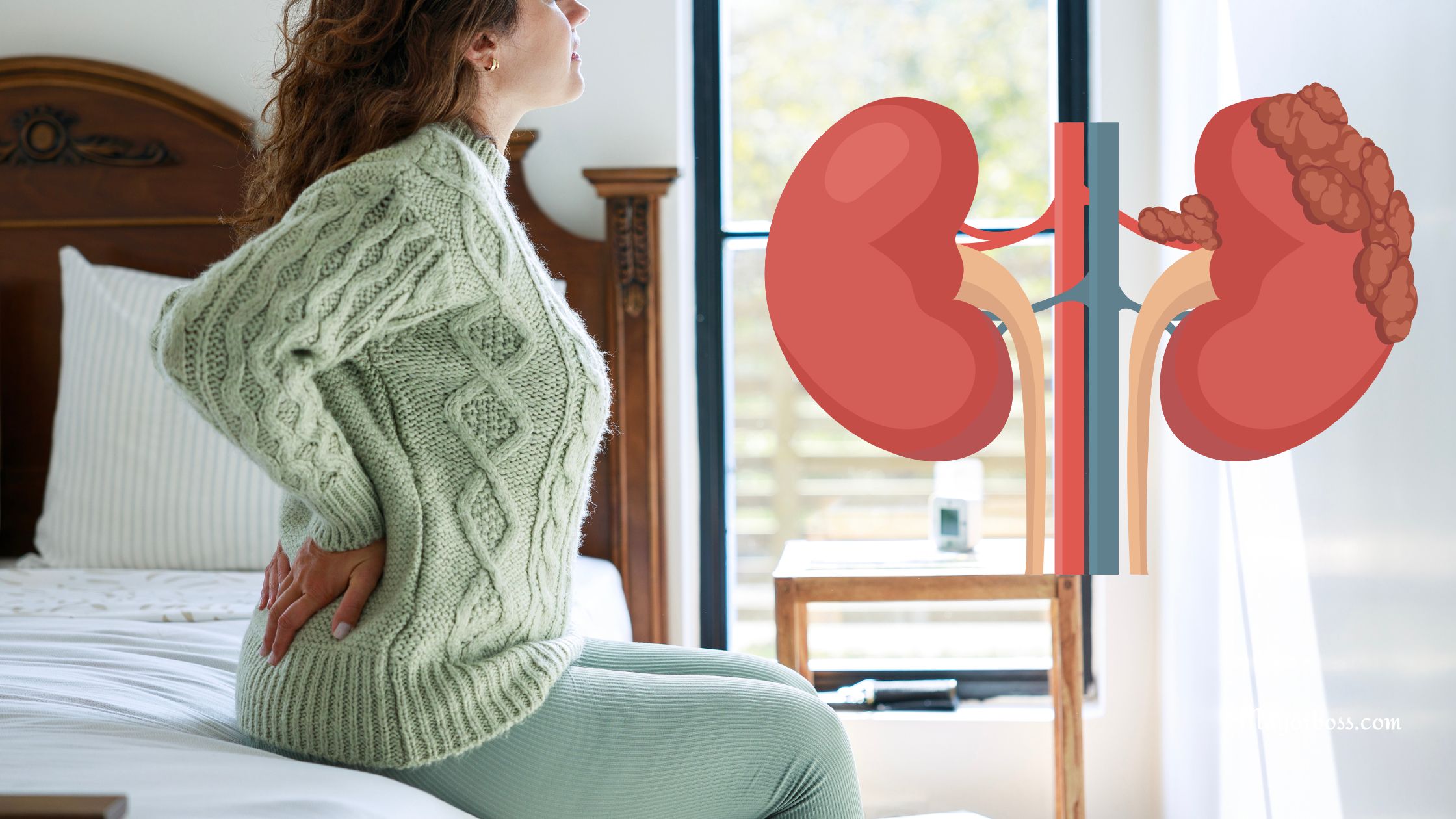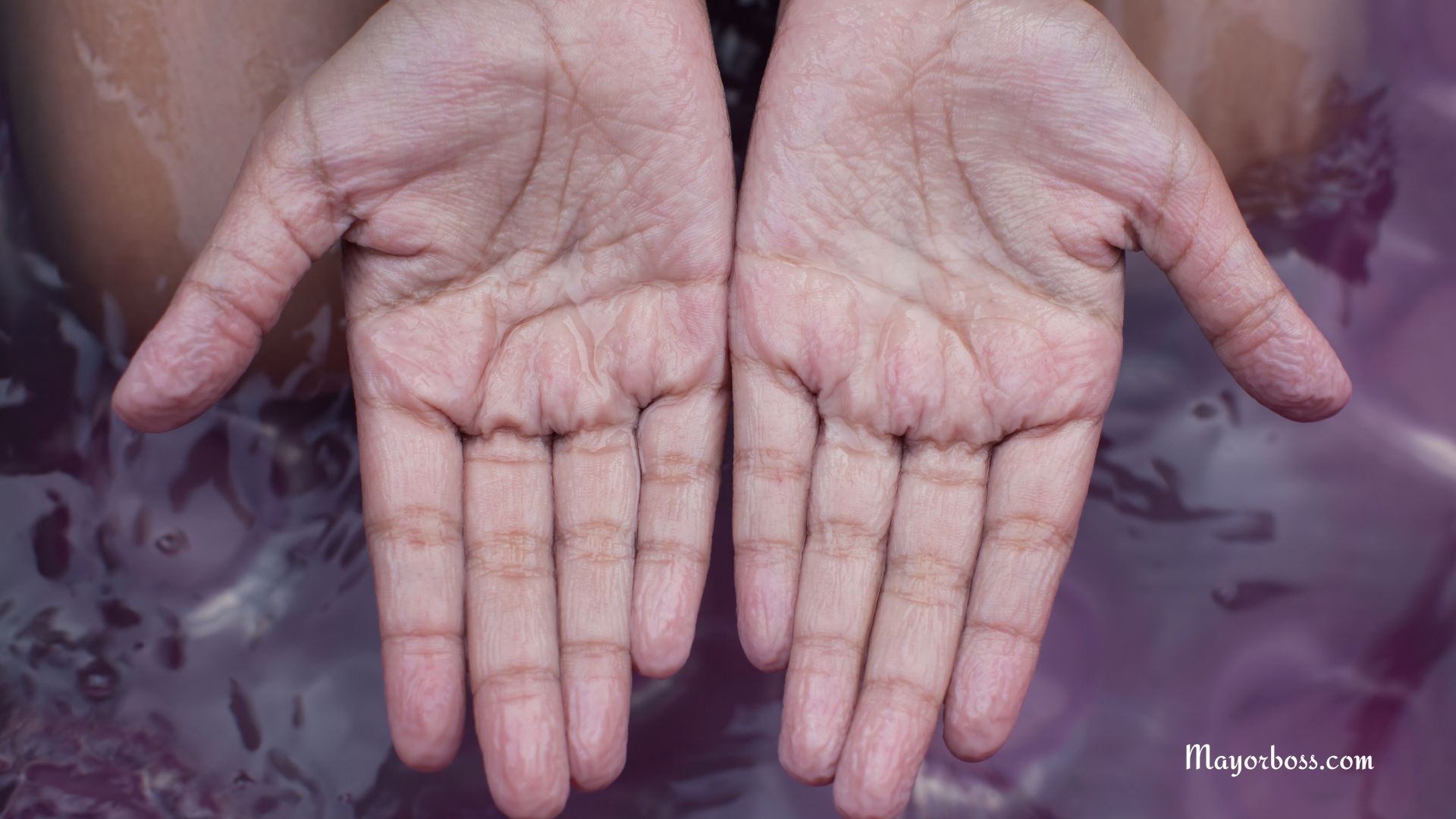5 Signs of Kidney Damage in Your 30s
Why Are Kidney Problems Showing Up in the 30s? Many people believe that kidney problems only affect older adults. This is not always true. Today, certain factors can cause kidney damage to appear earlier. These might include high blood pressure, diabetes, being overweight, or eating too much salt. Even certain medications or heavy use of pain relievers can put extra strain on your kidneys. All these factors might combine to cause kidney damage during your 30s, even when you still feel young and strong.

In this article, I will explain the early warning manifestations of kidney problems. Please keep in mind that if you see any of these signs, you should speak with your doctor or a qualified healthcare professional to get the proper test, care, and guidance you need. The key is awareness so you know when to seek help.
Changes in Urination
One of the earliest signals that something might be wrong with your kidneys is a change in how you urinate. For example, you may notice that you are getting up several times during the night to use the bathroom, even if you have not done so before. You might also observe that the color of your urine is different, maybe darker than usual, or that it looks foamy. Foamy urine can mean there is protein leaking into your urine, which can happen if your kidneys are not working correctly.
Pay attention if you find yourself going more often or less often than usual. Also, watch for discomfort while passing urine, like burning or pain. None of these changes mean you have kidney problems for sure, but they do suggest you should talk to a doctor who can run the proper tests.
Feeling Tired and Weak
Your kidneys produce a hormone named erythropoietin, which particularly helps make red blood cells. Red blood cells carry oxygen throughout your body, giving you the energy to go about your day. If your kidneys are damaged, they might not produce enough of this hormone. As a result, you could have fewer red blood cells and less oxygen delivered to your muscles and brain. This often makes people feel tired, weak, or short of breath.
Feeling tired is common for many reasons, but if you notice a deep, ongoing fatigue that does not improve with rest, it could be more than just a tough week at work. Your body might be signaling that it needs help. Even mild anemia (low red blood cell count) caused by poor kidney function can leave you feeling constantly drained. Check with a doctor if you feel run down for weeks without an obvious cause.
Swelling in Ankles and Feet
Kidneys help remove extra fluid from your blood, keeping your body’s fluid levels balanced. When kidneys do not work well, extra fluids may remain trapped inside your body. This can cause swelling, often seen in the ankles, feet, or even the face. You might notice that your shoes feel tighter or that you have marks on your ankles where your socks were, even after removing them.
This swelling can also appear around the eyes, especially first thing in the morning. Although swelling might have other explanations, like poor circulation or standing for long periods, combined with the other signs, it could be a clue to kidney trouble. If the swelling does not go down, speak with a doctor.
Dry, Itchy Skin
Kidney damage can affect the way your body maintains the right balance of minerals and nutrients. Healthy kidneys help keep the correct levels of calcium and phosphorus in your bloodstream, both of which are important for strong bones and clear skin. When kidney function declines, these balances can get thrown off, leading to dry, itchy skin.
If you find your skin is unusually flaky, irritated, or itchy, and you cannot find relief through normal skincare routines, it might be time to consider what is happening inside your body. Dry skin can be caused by many things—from cold weather to harsh soaps—but persistent itchiness without a clear reason is a signal worth paying attention to.
Trouble Concentrating and Poor Appetite
When your kidneys are not filtering wastes correctly, toxins can remain in your bloodstream. These harmful substances can affect how you feel and how well your body and mind function. Some people experience difficulty focusing, remembering details, or thinking clearly. Others might notice they have less interest in food, leading to weight loss. A buildup of waste in the body can make certain foods taste strange or even reduce your sense of taste altogether.
While changes in appetite and mental focus can come from many different causes (including stress, lack of sleep, or emotional problems), when taken together with other early signs, these symptoms might suggest kidney damage.
Protecting Your Kidneys
The good news is that early steps can help protect your kidneys and slow damage. Pay attention to your blood pressure, as high blood pressure is one of the main causes of kidney problems. Try to keep it in a healthy range by exercising, limiting salty foods, and following your doctor’s advice. Also, if you have diabetes, be sure to control your blood sugar levels since high sugar levels can strain your kidneys over time.
Stay well-hydrated, but do not overdo it. Water helps your kidneys remove waste, but drinking too much water may not help if your kidneys are already injured. Just aim for a balanced intake throughout the day. Furthermore, maintain a healthy body weight and avoid relying too heavily on over-the-counter painkillers, which can cause harm if taken for too long or in high doses.
When to See a Doctor
If you have noticed one or more of these signs—changes in urination, constant fatigue, swelling in the ankles, dry, itchy skin, or trouble concentrating—consider reaching out to a healthcare professional. A doctor can check your kidney function through simple tests, such as measuring the amount of certain wastes in your blood or testing your urine for protein. Early action might prevent more serious problems later on.






